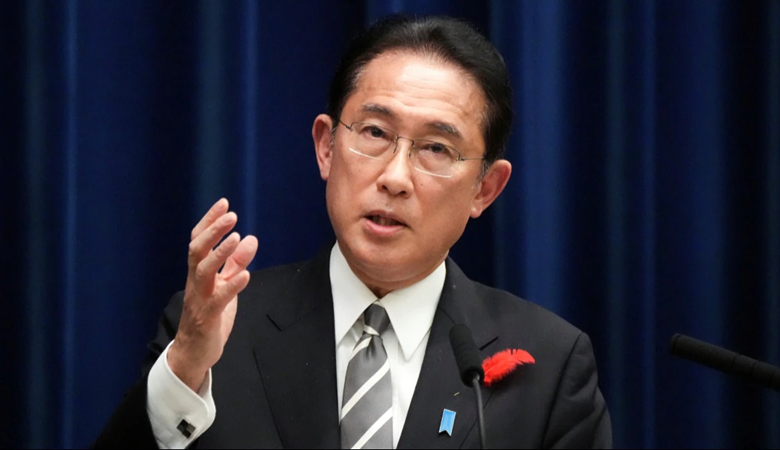Outgoing Japanese Prime Minister Urges Liberal Democratic Party to Embrace Change

News Mania Desk/Agnibeena Ghosh/15th August 2024
As Japanese Prime Minister Fumio Kishida prepares to step down from his leadership role, he has issued a strong call for transformation within the ruling Liberal Democratic Party (LDP). Kishida, 67, has announced that he will not seek re-election as the party leader next month, urging his colleagues to select a candidate who can rejuvenate the party and address its current challenges.
Kishida’s decision comes amid mounting dissatisfaction with the LDP, which has been plagued by scandals and is experiencing one of its lowest public support rates in history. According to a recent opinion poll by public broadcaster NHK, only 25% of respondents support Kishida’s government, while over half express disapproval. This low approval rating underscores the urgent need for change within the party as it faces bleak electoral prospects.
In a press conference, Kishida emphasized the need for the LDP to demonstrate to the public how it has evolved and revitalized itself. He highlighted that the party must showcase a fresh perspective and innovative leadership to regain public trust. The new party leader will have a limited timeframe to turn the party’s fortunes around, with a general election required to be held by the third quarter of 2025.
Rintaro Nishimura, an associate at The Asia Group, a Washington-based strategic advisory firm, noted that the next LDP leader should be a reform-minded individual, ideally someone new and unconnected to Kishida’s administration. This stance effectively diminishes the chances of establishment figures such as Toshimitsu Motegi, the 68-year-old party secretary-general and former foreign and trade minister, who has yet to announce his candidacy. Motegi’s alignment with the traditional LDP faction could hinder his prospects, as public sentiment seems to favor a more radical change.
Recent opinion polls have revealed that former defense minister Shigeru Ishiba, 67, is the most popular choice among the public to succeed Kishida. Despite his previous unsuccessful bids in LDP leadership contests, Ishiba has gained significant support, receiving 28.4% of the vote in a Kyodo News poll last month. In contrast, Motegi garnered only 2.5% support. Additionally, Shinjiro Koizumi, a former environment minister and the 43-year-old son of former prime minister Junichiro Koizumi, emerged as a notable alternative with 12.7% of the vote. Koizumi’s candidacy represents a potential generational shift within the party.
Tokyo resident Nobuo Koide, 82, praised Kishida’s decision as a crucial move towards generational change and renewal within the LDP. However, Koide and the general public will not have a direct say in selecting Japan’s next prime minister. In the upcoming LDP voting, the first round will see votes equally divided between lawmakers and rank-and-file members, with the top two candidates advancing if no majority is achieved. The second round will heavily favor candidates with strong backing from party heavyweights, which could influence the final outcome.
Kishida’s departure marks a pivotal moment for the LDP, as the party confronts the challenge of revitalizing its image and regaining public confidence. The choice of the new leader will be crucial in shaping the future direction of Japan’s political landscape.






